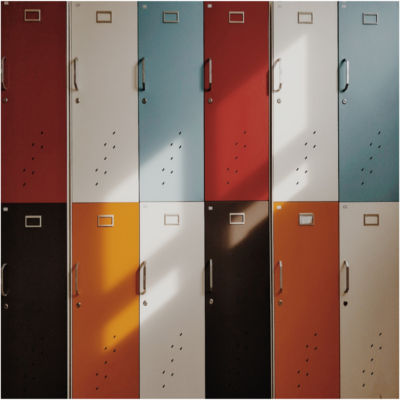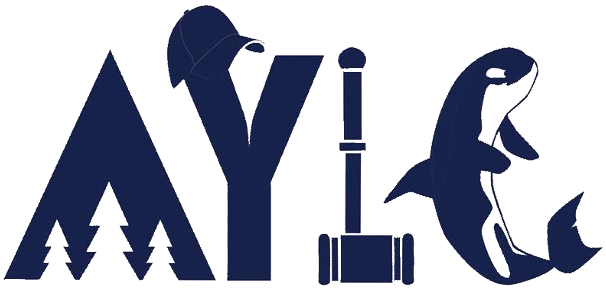Privacy and Searches
Privacy and Searches

Are my school records private?
Generally, yes. School records that contain private or sensitive information that could identify you are protected under state and federal law. Private or sensitive records may be released to school officials who need to know about them, but not to anybody else without your parents’ permission. Your parents have a right to see your school records until you turn 18. After that, the rights transfer to you.
Can a school search my property?
The United States and Alaska Constitutions prohibit the government from conducting unreasonable searches and seizures. But the courts have found some kinds of searches at school are reasonable. In part, the reasonableness of a search depends on whether you can expect privacy in the area that is searched. For example, you can generally expect privacy in your home. But you cannot expect privacy if signs posted in a locker area state that the lockers are subject to search at any time.
The reasonableness of a search may also depend on whether there is a good reason for the search. The area of the search -including your body- must also be reasonable in relation to the reason for the search. A search cannot be more intrusive than necessary considering your age and sex, and the rule or law the school thinks you have violated.
Can the school search my locker?
Generally, Yes. School districts have the right to search your locker if the school posts a notice that lockers are subject to search, and if the search is necessary to investigate a suspected violation of school rules or the law. Even if the school does not post a notice, the school can search your locker if there is reasonable suspicion that the search will discover evidence of a violation of school rules or the law.
Can the school search my backpack, purse, or clothing?
Yes. School employees can search your backpack or purse if they have reason to believe you are violating the law or a school rule. The area of the search, however, must be reasonable as discussed above.
Can the school search me?
Sometimes. One decision of the United States Supreme Court held that student athletes may be randomly drug tested. The court said athletes have a lesser expectation of privacy, and that collection of urine samples is not too intrusive when considered against a school’s need to stop illegal drug use.
On the other hand, a court decided that a strip search of a 13-year-old girl was not reasonable considering her age and sex and the type of violation of which she was suspected. The court said a search of her backpack and outer clothing for drugs may have been justified.
Can the school search my car?
Yes. Schools may search student cars parked in a school parking lot. The paperwork for a student parking permit may inform students that the school has a right to search cars in the parking lot. In one case, the Alaska Supreme Court ruled that a school safety officer could search a car for drugs or alcohol. The safety officer saw a student who was having problems parking and answering questions and appeared to be drunk. The safety officer could search the car’s ashtray because the student’s high level of intoxication suggested drug use as well as alcohol use.
Student Loans & Financial Aid
Continue
Phones and Computers
Back
Student Loans & Financial Aid
Continue



